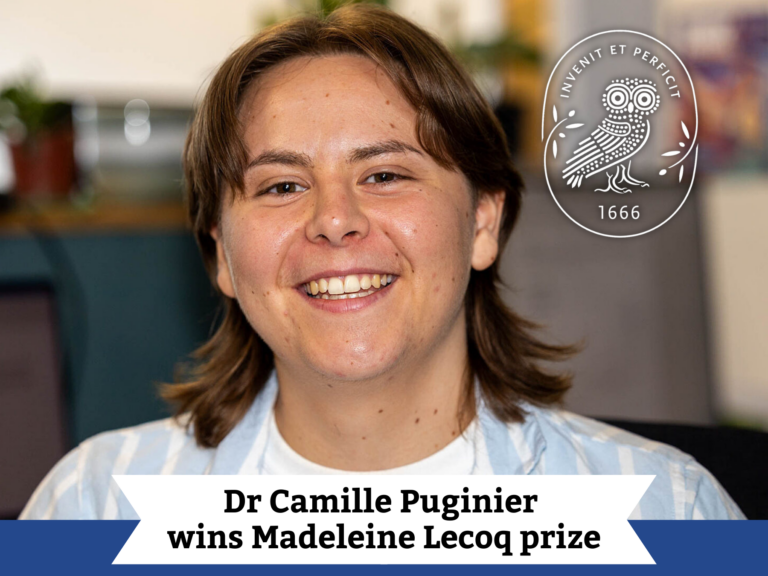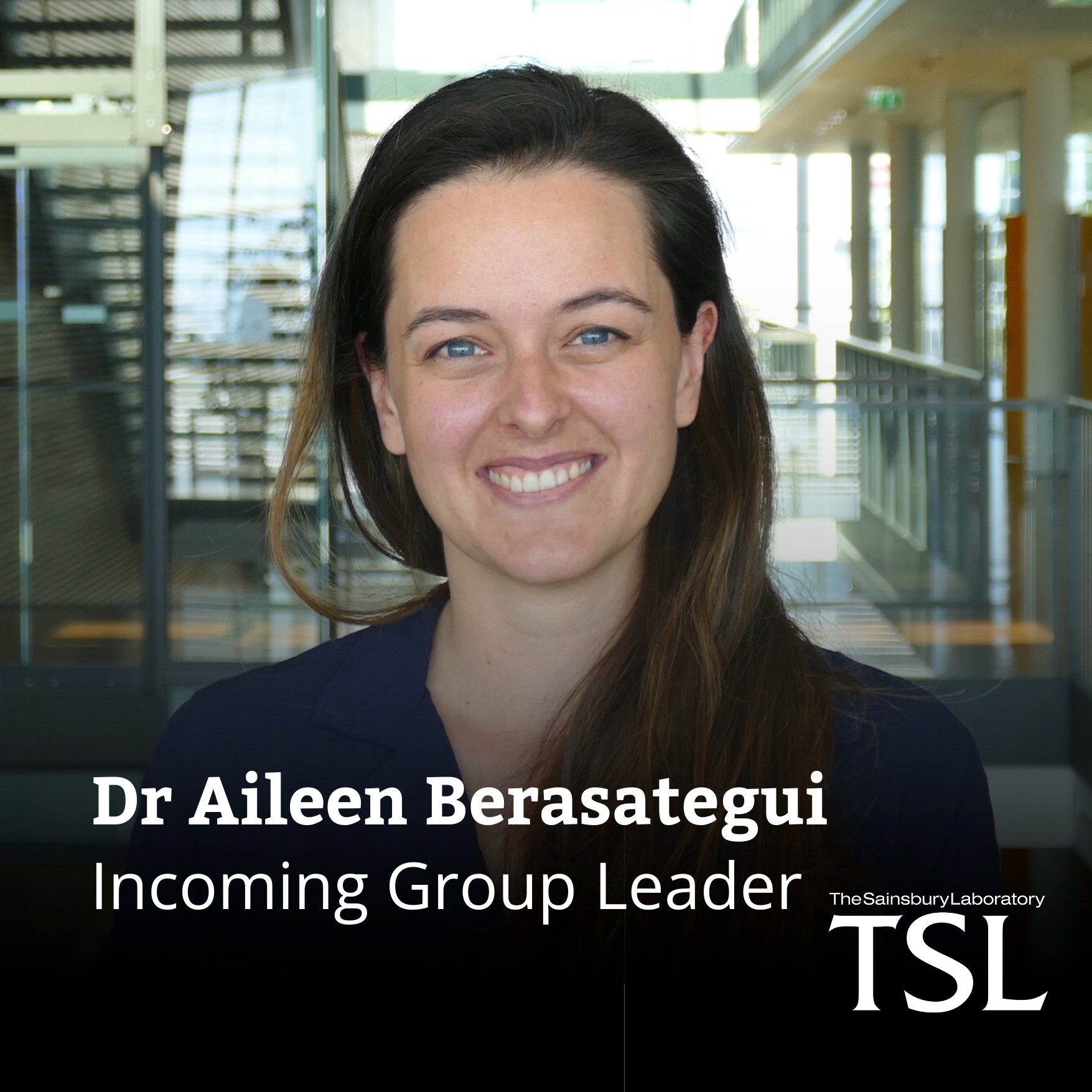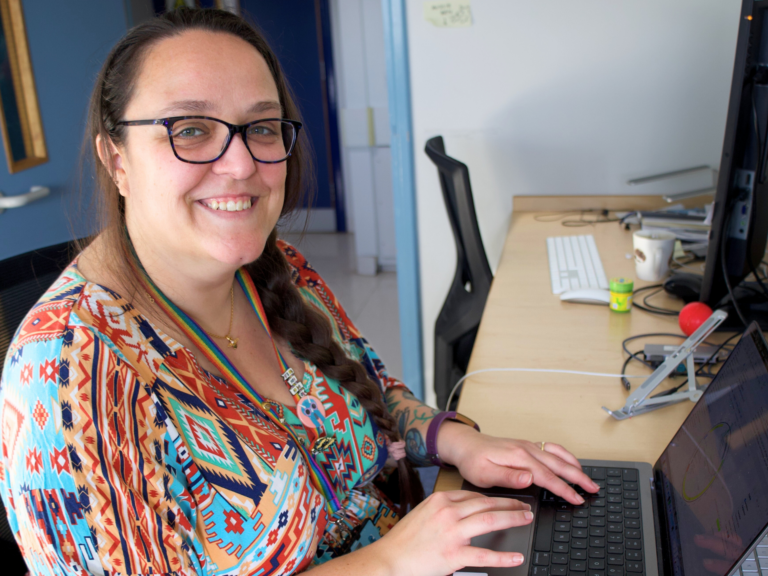Professor Sophien Kamoun awarded the 2016 Kuwait Prize for Applied Science in Food and Agriculture
Professor Sophien Kamoun, Group Leader at The Sainsbury Laboratory has been awarded the 2016 Kuwait Prize for Applied Science in Food and Agriculture by The Kuwait Foundation for Advancement of Sciences (KFAS): a government non-profit organisation whose aim is to promote progress and advancements in science and technology.

The Kuwait Prize was launched in 1979 in line with the objectives of the KFAS: to support various branches of scientific research and to encourage Arab scientists and researchers.
The award was presented by the Director General Dr. Shihab-Eldin, during a ceremony at Bayan Palace presided by HH Sheikh Sabah Al-Ahmad Al-Jaber Al-Sabah, the Emir of Kuwait. The awards are presented annually with new categories each year.
Dr. Shihab-Eldin said that, ‘Prof. Kamoun’s accomplishments included his effective leadership in vegetable pathology research, particularly in the study of potato diseases, and in the successful production of microbial resistant species.’
The Kamoun group at TSL studies effector biology of filamentous plant pathogens, such as the blight-causing pathogen, Phytophthora infestans, which was responsible for the massive potato crop losses seen during the Great Famine in Ireland, and which continues to require extensive control through fungicide application.
Prof. Kamoun recently appeared in an episode of the BBC The Inquiry entitled ‘What Went Right in 2016’ where he discussed using a new technique that came of age in 2016 - gene editing. Discussing his research using gene editing on tomato crops, to decrease its susceptibility to a particular disease, Prof Kamoun said, “Every year we lose enough food to feed hundreds of millions of people to pathogens and parasites. If we could make some of our crops more resilient, then that would be a unique achievement."
Read the BBC news story in full here: http://www.bbc.co.uk/news/world-38330452
Listen to BBC The Inquiry episode in full here: http://www.bbc.co.uk/programmes/p04ks9qk



